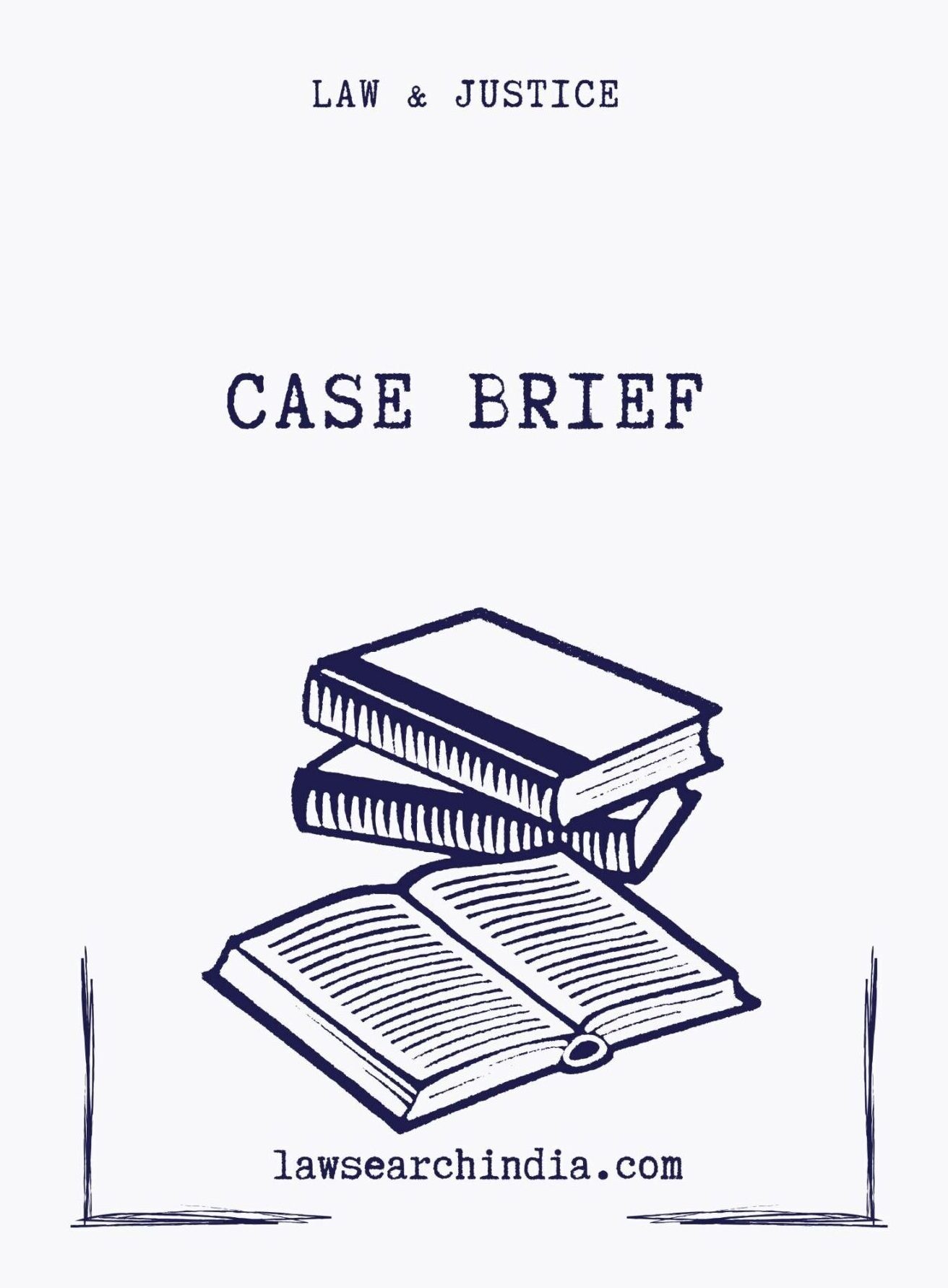SUIT FOR DECLARATION, POSSESSION, AND INJUNCTION
CASE DETAILS
| Bench R.V. RAVEENDRAN J. P. SATHASIVAM J. | Case citation. (2008) 4 SCC 594 | Acts/law CPC, 1963 Specific relief act, 1963 |
FACTS OF CASE:
Plaintiff claimed to be the owner and in possession of a property based on the sale deed executed in his favour in 1968. In 1978 plaintiff commenced construction on the abovesaid property however defendant intervened and claimed to be the owner of the property under registered sale deed of year 1977. Moreover, defendant averred that when he started the construction on the land in dispute plaintiff impeded it by filing a false suit claiming to be in the possession.
LAW:
- First appeal- under section 96 of CPC,
- Second appeal- under section 100 of CPC, substantial question of law is per requisite for second appeal,
- Section 5 and 6 of specific relief act- suit for the claim of possession,
- Section 37 and 38 of specific relief act- grant of injunction.
SUIT:
The plaintiff filed a Suit for the permanent injunction thereby claimed to restrain defendant from intruding his possession. The defendant resisted the said claim by alleging that he is the owner of the property based on the sale deed. The suit property has also been transferred in his name in the municipal records and above all, he got the sanction from authority for construction on the suit property. Trial court has culminated the lis by appreciating the sale deed of plaintiff and decreed the suit, thereby declaring that the plaintiff was in possession on the date of institution of the suit, and defendant disrupted with plaintiff’s possession.
FIRST APPEAL:
The defendants filed an appeal wherein assailed the above said decree of trial court. The Ld. Appellate court decreed in favour of the defendant and set aside the trial court decree. The Ld. Appellate court opined that the plaintiff did not establish the title and possession over the disputed property and mere suit for the injunction is untenable as the plaintiff ought to have proved the title over the property.
SECOND APPEAL:
After being aggrieved by the first appellate court decree plaintiff challenged the same by filing a second appeal under section 100 of CPC before High court. Ld. High Court allowed second appeal and restored the trial court judgment, reason inferred that it was not necessary for plaintiff to sue for declaration of title as the same could be considered incidental to question of possession.
SPECIAL LEAVE PETITION :
The abovesaid judgment was further assailed by the defendant in Special Leave before the Hon’ble Apex court and based on the contentions urged, following issues transpired for consideration:
ISSUES BEFORE APEX COURT:
- What is the scope of suit for the prohibitory injunction relating to immoveable property?
- Whether plaintiff ought to have filed suit for declaration of title and injunction?
- Whether High Court could look into the question of fact on title in second appeal?
RATIO OF JUDGMENT:
First instance: A suit for injunction simpliciter will lie only when plaintiff is in peaceful possession and interfered by someone. This is proclaimed on account of the fact that ‘person always has right to protect his peaceful possession against everyone who do not have better title than plaintiff’. However, plaintiff can not avail such injunction against rightful owner.
Second instance: When title of plaintiff is not disputed however plaintiff is also not in possession, there remedy is to file suit for possession with injunction, if necessary, as a consequential relief.
Third instance: When title of plaintiff is disputed or under cloud and plaintiff is in possession, defendant asserts title and threat to disposes, then remedy is to file suit for declaration of title and consequential relief of injunction.
Where plaintiff is not in possession and there is cloud over title of suit property in that case plaintiff has to file suit for declaration, possession and injunction.
When plaintiff files a suit without any claim for declaration of title and, defendant elevates a plea in written statement thereby call in question the title of plaintiff subsequently plaintiff should avail leave to amend the suit and claim for declaration. Since the suit for injunction does not settle discord over title and it is only concerning possession, and issue of title is not directly and substantially in issue in suit of injunction simpliciter.
In case of vacant land simply suit for injunction or possession will not establish actual possession, plaintiff has to establish de jure possession, resultantly suit for declaration is adequate remedy as without reconciling issue of title it will not be possible to substantiate possession over vacant land.
Hon’ble apex court also scrutinized that court should not delve into the issue of title in case of suit for mere injunction instead court will relegate the parties to seek remedy by comprehensive suit for declaration of title.
Hon’ble Supreme court was pleased to dismiss the suit and set aside the judgment of second appellate court and upheld the judgment of first appellate court. Court discerned that High court exceeded its jurisdiction under section 100 as in the absence of any claim concerning title of parties and no court can do full-fledged adjudication on title in a suit for mere injunction.
Apex Court adjudged it is no more res integra that in the absence of the necessary plea in the plaint no such question/issue could not considered. It was bare a suit for injunction and question of law formulated in the second appeal were unrelated averments made in the paint, just based on some evidence advanced by the plaintiff did not enable the court to hold the validation of the ostensible title under section 41 of Transfer of property act.
